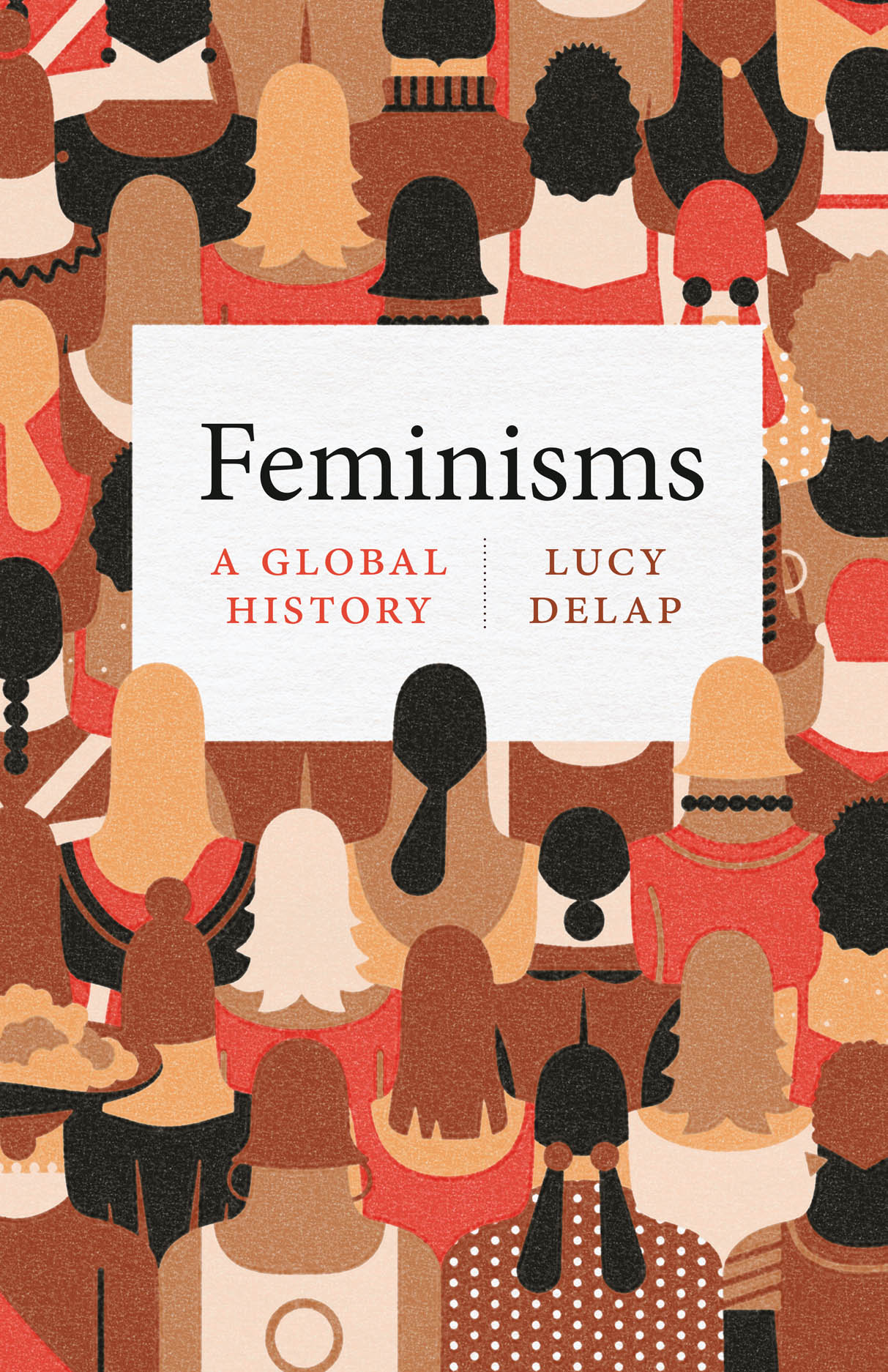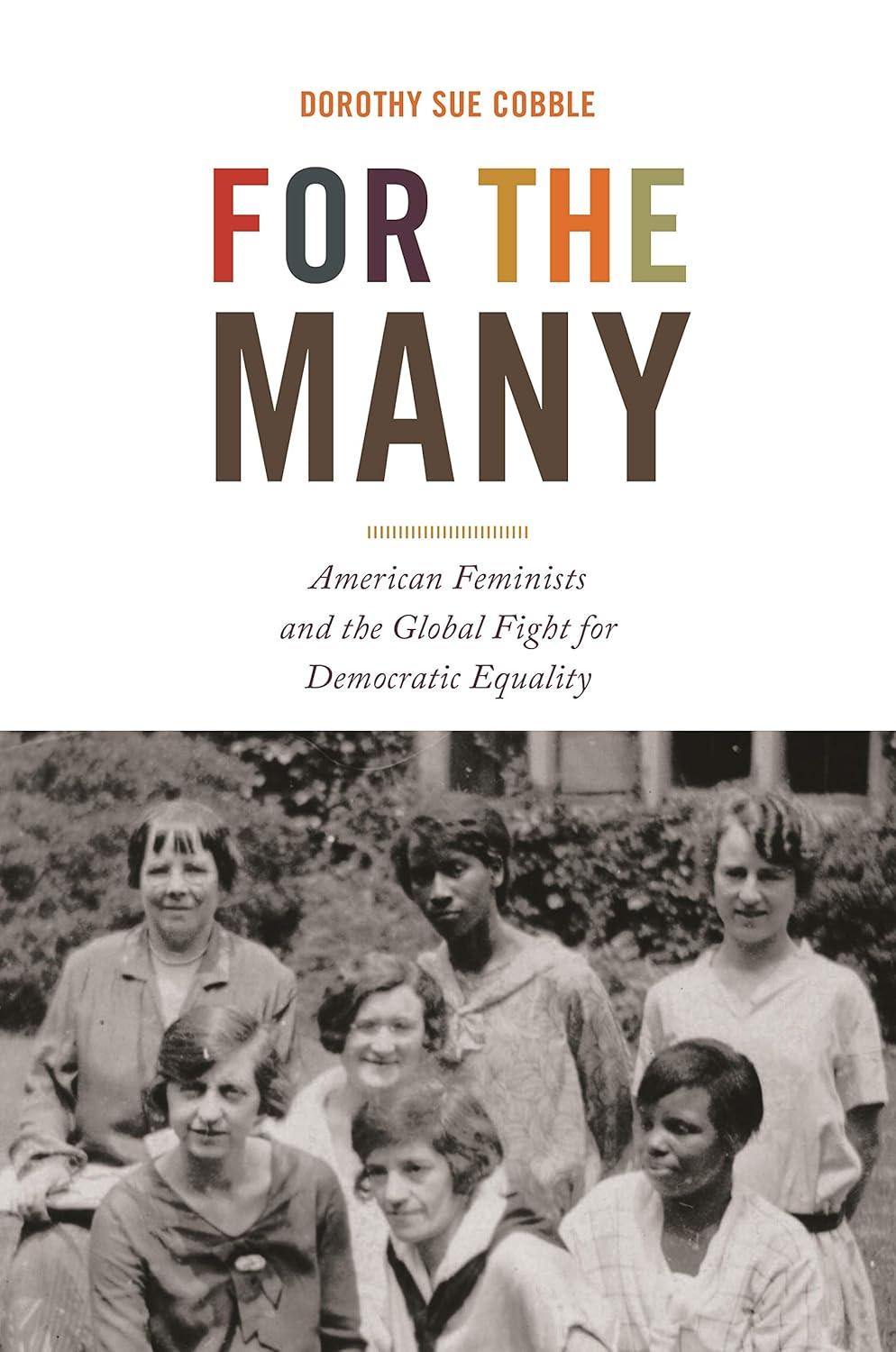Has the meaning of feminism ever been more jumbled than it is today? Any woman speaking up or talking back, whether about work, sex, criticism, culture, or politics, attracts the label “feminist.” Critics nonetheless equate the word with man-hating, with racism, with bourgeois careerism, with child-hating, even with the utter destruction of gender categories. A conservative pundit recently damned Cardi B and Megan Thee Stallion’s erotic music video “WAP” for being exactly what feminism had, all along, filthily promised.1
Use and abuse of “feminism” are bound to continue: the word’s meaning has always provoked dispute. It was a new coinage in the early 1900s, when a radical minority of American suffragists adopted it as more capacious than “suffragism,” since their aspirations were broader than acquiring equal citizenship. They envisioned gaining sexual freedom, throwing open women’s access to employment, and upending expectations for family life. This new feminism scorned nineteenth-century women’s rights advocates’ adherence to conventional respectability and instead adopted the free-ranging spirit of rebellion of the 1910s in Greenwich Village, where many of its early adherents lived.
Feminism was “something so new that it isn’t in the dictionaries yet,” the writer Edna Kenton enthused in 1913, cheering its intent “to alter radically the mental attitudes of men and women.” Even staid Carrie Chapman Catt, soon to serve as president of the largest American suffrage organization, called feminism a “worldwide revolt against all artificial barriers which laws and customs interpose between women and human freedom.” In short order the vamp star of the silent screen, Theda Bara, declared, “I am in effect a feministe.” Women’s associations or publications as far-flung as Chile, Hungary, Uruguay, Argentina, and the Philippines used words with the same root by 1904 and 1905. A decade later the Missouri Anti-Suffrage League warned candidates for office that “feminism advocates nonmotherhood, free love, easy divorce, economic independence for all women, and other demoralizing and destructive theories.”

